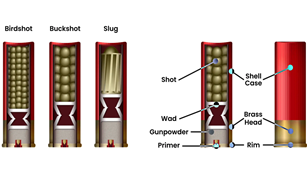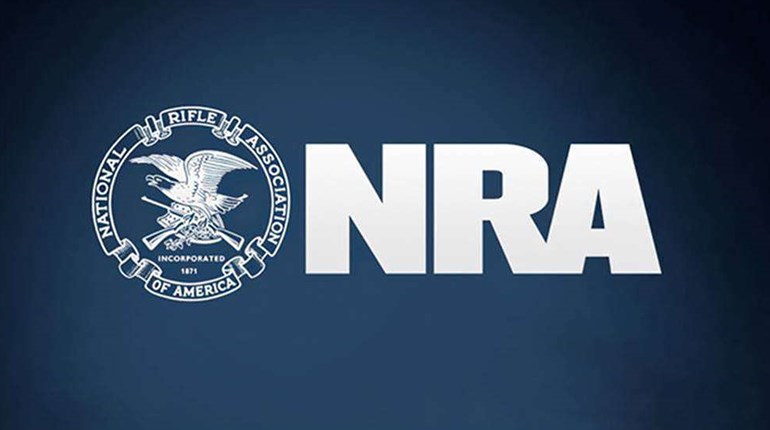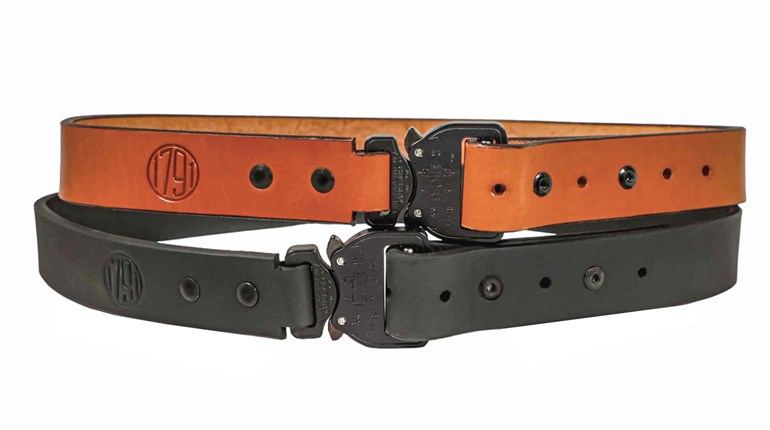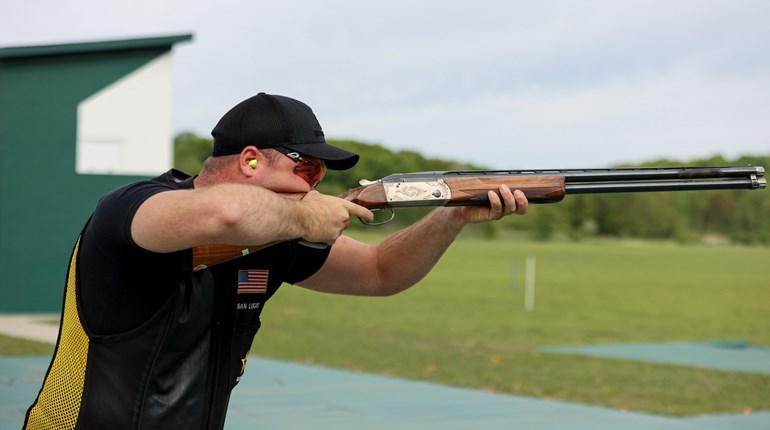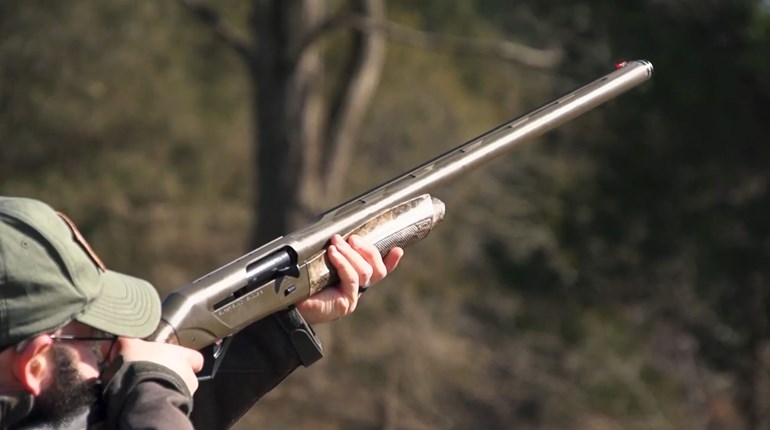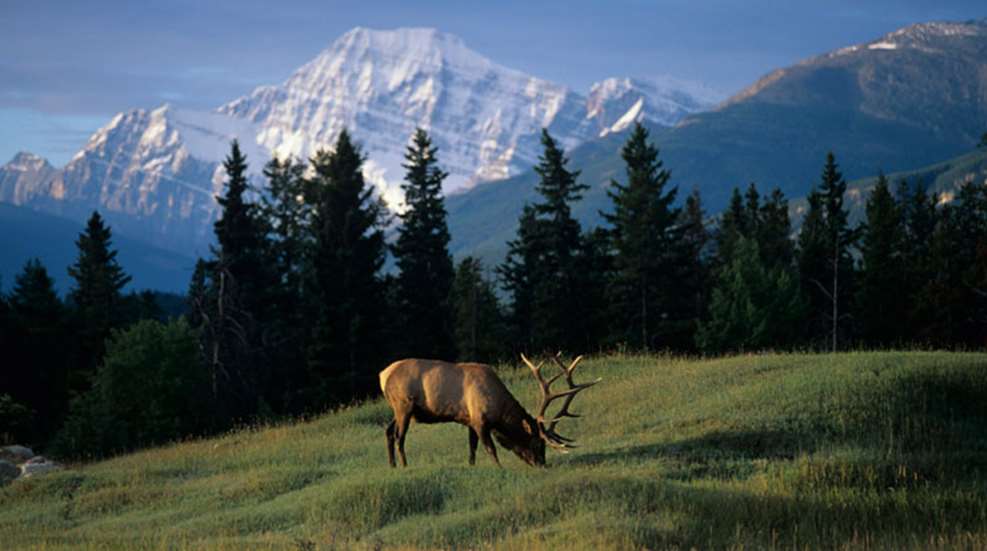
When I started hunting, friends and family asked me why. My father didn’t hunt and most of my friends didn’t hunt. I wasn’t really sure why. When I was 12, I just felt compelled to ride my bike to a hunting club that was giving a hunter-safety course. I soon learned to answer this question by just saying I like to be out in the forest. It was just too personal to tell them how the forest sounds when it wakes to a frosty October morning; how it feels to watch a buck slip toward you under copper-colored trees; how geese give November a melody; even how I loved the smell of the gun oil on my Sears, Roebuck & Co. .22 rifle and the Stevens single-shot 16-gauge that had been my grandfather’s.
But then something happened to change my answer, even my life. I quit hunting when I was 14 years old because I couldn’t find a deer I’d shot with an arrow. My arrow hit a buck low in the chest. Its blood trail petered out, then stopped. After four days of searching on hands and knees I gave up, knowing by then if the deer were dead, its meat was ruined. I left the woods with my head hanging.
I told my brothers and friends that hunting wasn’t for me after all. I didn’t understand how hunting could be right. That buck had suffered and maybe died for no reason, I thought. Nevertheless, something inside of me still wanted to go hunting. I found I was grappling with a conflicting stew of emotions. I needed answers.
I asked my parents if hunting were right even when things go wrong. They didn’t hunt and were perplexed why I’d gone in the first place, so they didn’t know. I asked my track coach and he shrugged. I asked two of my father’s friends who were hunters but they couldn’t articulate why—at least not to me.
My neighbor, a retired professor who’d moved up from Manhattan, told me hunting was a dying part of a primal past that was now useless to us, and so we should let it evolve out of the culture. He was smart, but didn’t seem to know what he was talking about. He didn’t even know that garter snakes are harmless. Also, I felt a strong urge to hunt and millions of good people chose to hunt when they could just go to the grocery store instead. I didn’t quite understand it then, but I felt there was something ignorant about this professor’s urban viewpoint.
I got on my bike and rode to town. I asked the owner of my local hunting store. His name was Tony Tantillo. He was a bear of a man. He stood over 6 feet tall and was at least 300 pounds. He’d tug at his beard as he leaned back on shotguns and rifles lined up in a standing gun rack as he spoke in the most direct manner I’d ever heard any adult use. But he didn’t talk down to anyone, not even to kids.
I asked him and he looked me up and down before declaring, “Is hunting right? Boy, hunting is not only right, hunting has saved North America’s wildlife. Don’t you know that every animal lucky enough to have a hunting season on it has increased in number after that season was placed on it?”
I didn’t. And there were no books at the time to turn to that explained what hunting did for wildlife. So after Tony broadened my perspective, I decided to ask my biology teacher. She said, “Well, you won’t find this in your textbook, but all the studies I’ve read show that deer overpopulate and eat up all their food and then starve when they’re not hunted. And hunters do buy licenses that have funded deer reintroductions and more. So yes, your hunting-store friend is correct, hunting is good for wildlife. Regulated hunting hasn’t killed nature; hunters are actually responsible for bringing bears, deer, turkey, waterfowl and other wildlife populations to historic highs.”
She directed me to some scientific journals and I was astounded. Now, decades later, I’ve interviewed numerous victims of animal attacks, people who’d contracted Lyme disease and people who had deer step into their headlights, and have learned that most people who have run-ins with nature—real, toothy nature—change their viewpoints on hunting. Hunters, not environmentalists, are responsible for saving America’s wildlife…and they’re needed to control wildlife populations.
I started hunting again soon after I’d stopped and I began to tell people how hunting was good for wildlife. I found that in the early 20th century, hunter-funded state and federal conservation programs saved deer, elk, bears, turkeys and more from disappearing. Even today hunters pay taxes on guns and ammo that all goes to conservation programs—taxes that hikers, mountain bikers and environmentalists don’t pay. In fact, hunting licenses make up 75 percent of the funding of state game departments, which even funds endangered species protection.
I found that even in these environmentally conscious times most Americans don’t know that by paying surtaxes on guns, ammunition and other gear, hunters and fishermen sent $749 million in federal excise tax revenues to state fish and wildlife agencies in 2010. Most people aren’t even aware that hunters’ money buys critical wetland habitat and funds wildlife research in every state. Nor do people know that, without hunting, America’s farmers wouldn’t be able to protect their crops from burgeoning deer populations, deer-auto collisions would skyrocket, biologists wouldn’t be able to keep bears out of school yards, wetland loss would accelerate because duck hunters would no longer be creating and preserving waterfowl habitat, songbird populations would plummet because over-populated deer herds would eat away nesting cover, and so much more.
In fact, when a hunting season is placed on a wildlife species, it becomes valuable to those who hunt it. Hunters become advocates for sound management and preservation of the game species they hunt, such as deer or ducks. To help wildlife species, hunters have formed groups such as The Rocky Mountain Elk Foundation, The National Wild Turkey Federation and Delta Waterfowl. And, of course, hunters also support the NRA’s many efforts to promote and safeguard sound wildlife-conservation policies. Hunters want more deer, ducks and elk for the basic reason that they like to hunt them, but also because their experiences foster a bond with the species they pursue. As a result, hunters push for reintroductions of game and for sound management of predators.
This honest regard for nature from hunters has even benefited Africa’s wildlife. Some African countries have bowed to politically correct pressure from international environmental groups by banning hunting. The results have been disastrous. For example, in 1977 Kenya banned all hunting. According to the African Conservation Foundation, 70 percent of Kenya’s wildlife outside of national parks has since been poached out. Tanzania closed hunting in 1973 and reopened it in 1978 after rampant poaching had drastically reduced the country’s elephant population by over half. Once hunting reopened in Tanzania, the elephant rebounded to a current population of about 125,000.
Meanwhile, the African countries that kept regulated hunting programs have largely seen strong growth in wildlife populations. In the 2007 hunting season in South Africa, 16,394 foreign hunters spent $91 million, according to the South African Professional Hunters Association. The monetary benefit of hunting flows to district councils in Zimbabwe through its CAMPFIRE program. Through CAMPFIRE, local villages and communes benefit directly from the revenues generated by hunting licenses and trophy fees. Because local peoples benefit from legal hunting, and because safari operators naturally protect their livelihoods (the game populations), poachers are driven out and game managers can then scientifically balance game populations. Without legal hunting, these economic forces that benefit wildlife don’t exist.
So with this new, honest perspective, I kept hunting. I learned that I’d made a poor shot and that to be an ethical hunter I needed to do everything possible to avoid making an animal suffer ever again. But I’d also found that the truth about hunting is that’s good for wildlife.
Photo courtesy Rocky Mountain Elk Foundation







